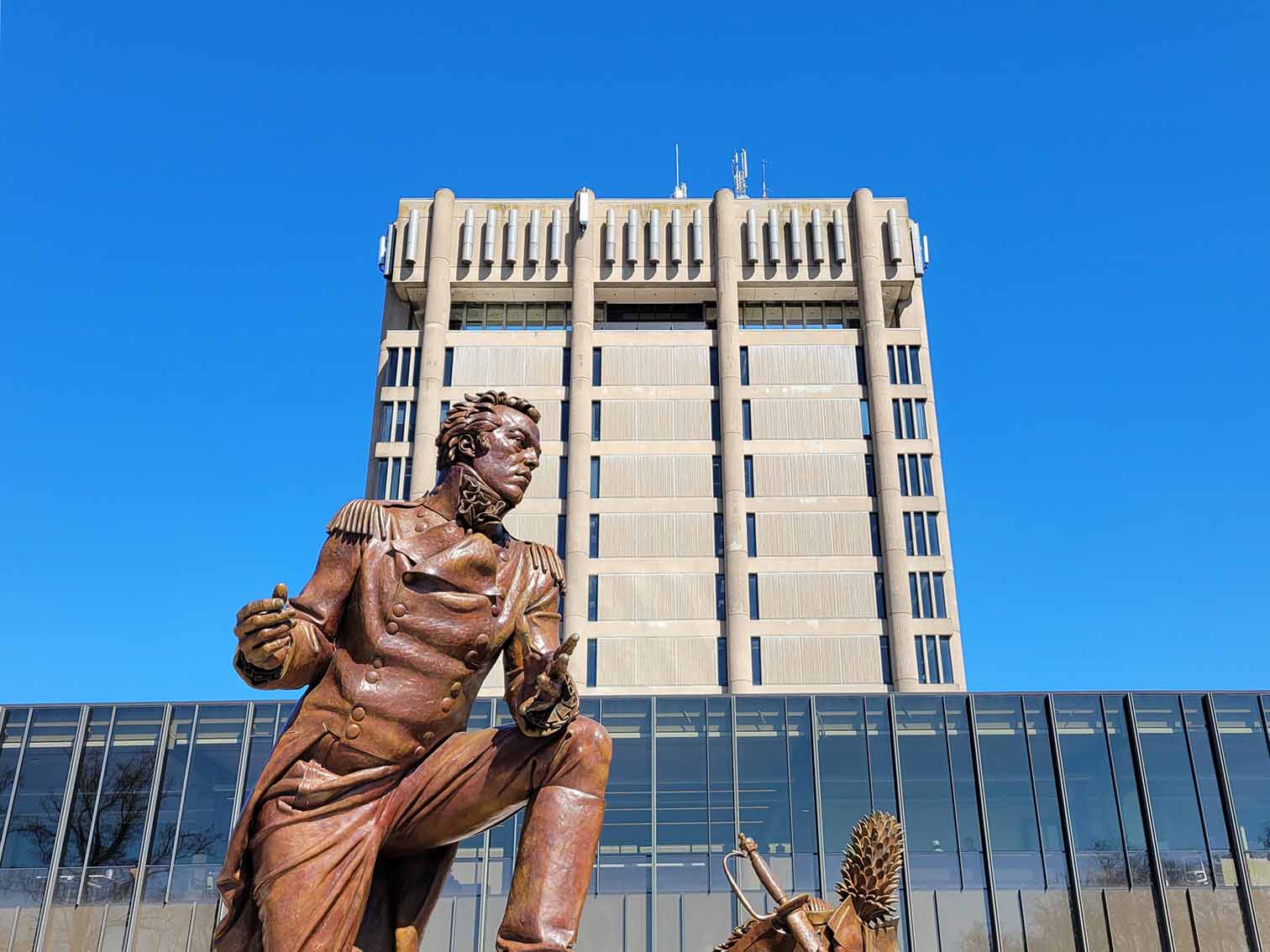The source’s name in this article has been altered for safety reasons. This Brock faculty member will be henceforth referred to as John Doe.
Brock’s newest policy, the Exam Tax, should more than make up for the $37 million deficit the University recently reported.
At the recent State of the University address, Brock made their financial difficulties public. $37 million in debt is no small number, and the Brock community has been on edge as programs and faculties face unfortunate budget cuts.
Luckily, the University has come up with a solution: the Exam Tax.
Barely noticeable to Brock students, the Exam Tax will entail “a small fee of $150” per student per exam they attend, said Doe. The fee will be added to students’ financial accounts after the correlating exam has been successfully completed.
An additional “minuscule cost of $5” will also be added for each per cent the student achieves below 100 per cent of each completed exam.
Of course, some students will be charged differently – due to the low number of students in Humanities and Education, for example, they will be charged an additional $50 per exam, and international students’ Exam Tax will be doubled – but by and large, the Exam Tax will be “equally spread amongst students,” said Doe.
“We believe this is the best way to combat our situation. A financial deficit will affect every student, but now Brock students can continue to enjoy the broad field of programming supplied at the school. We really wanted to avoid the tragic cuts that other schools are seeing, and we believe this will do just that.”
The Exam Tax conveniently bypasses the Ontario government’s recent extension of the tuition fee freeze, as the Exam Tax technically fits into Brock’s ancillary fees.
“We’ve done the math,” said Doe. “If every student has at least three exams and gets at most an 80 on each of them, we’ll just eliminate Brock’s deficit in one fell swoop.”
Faced with such a financial opportunity, professors have been urged to make their exams more difficult and their grading scale more unbalanced.
“Worse grades mean a better fiscal year for Brock, and if we’re able to knock a few students below 80 per cent average, we won’t have to pay their entrance scholarships either,” said Doe.
It’s currently too late for professors to add exams to their courses, but the Exam Tax speaks to a triumphant return of the exam as a method of assessment, after the COVID-19 pandemic saw its dispersal in the Humanities and other departments.
To be safe, the Exam Tax will have a 19 per cent monthly interest rate. “We’ve really been inspired by the credit card as an ideology. Governments have benefitted from student debt for too long; it’s about time our institution sees some of that income,” said Doe.
“The aim is that we actually come out of this year with a financial surplus. Personally, I’m hoping we can get enough to update the statue of Sir Isaac Brock at the front of the school. My opinion has always been that it isn’t nearly big enough.”
The Exam Tax will have monumental repercussions on Brock and the academic field overall. With luck, this will be the first broad step of many toward full privatization of post-secondary education.
This article is part of a special edition of The Brock Press for April Fools and is completely satirical. None of the content contained within this article is meant to be representative of reality and all of the quotes are fabricated.


